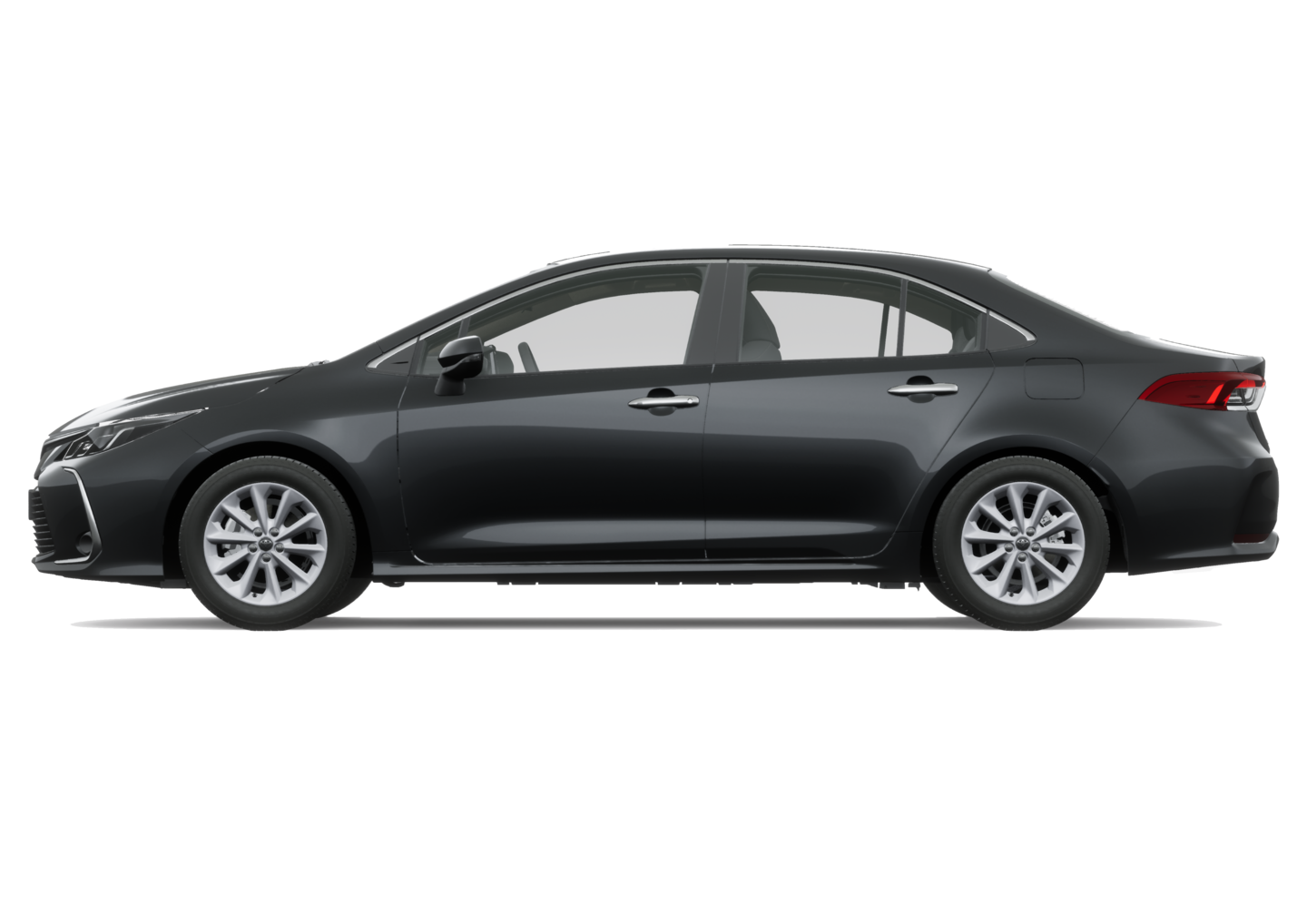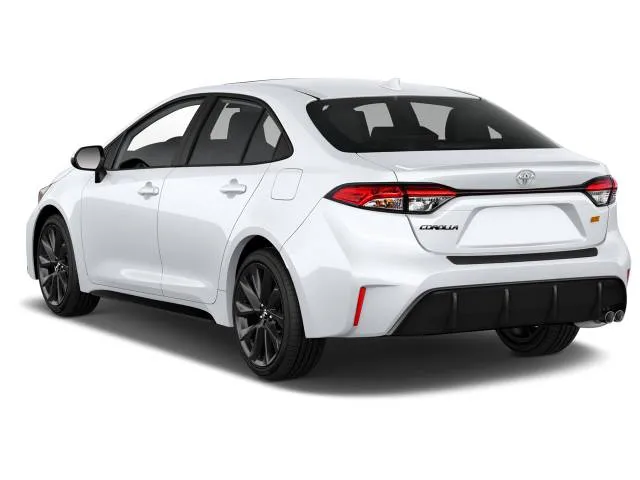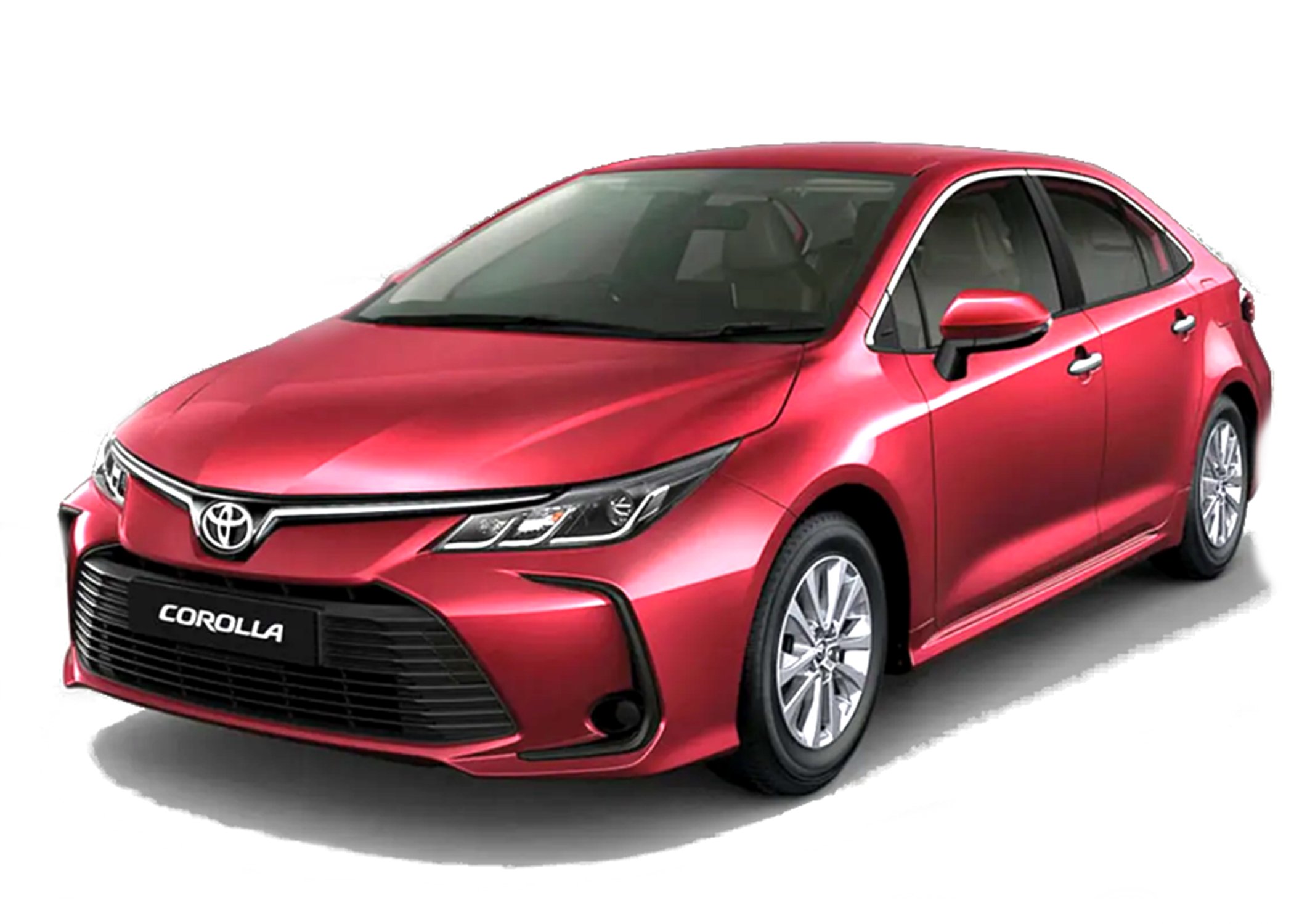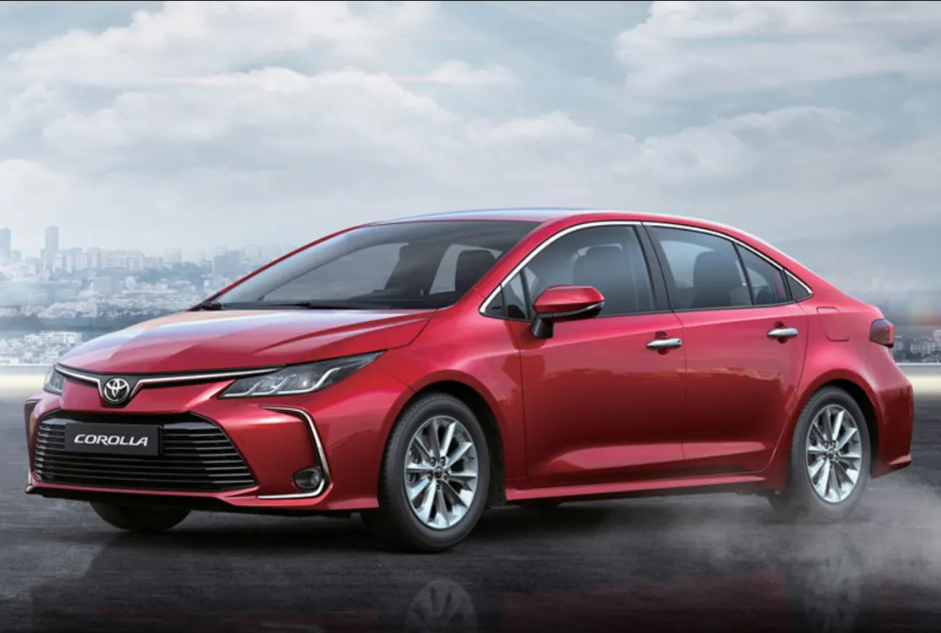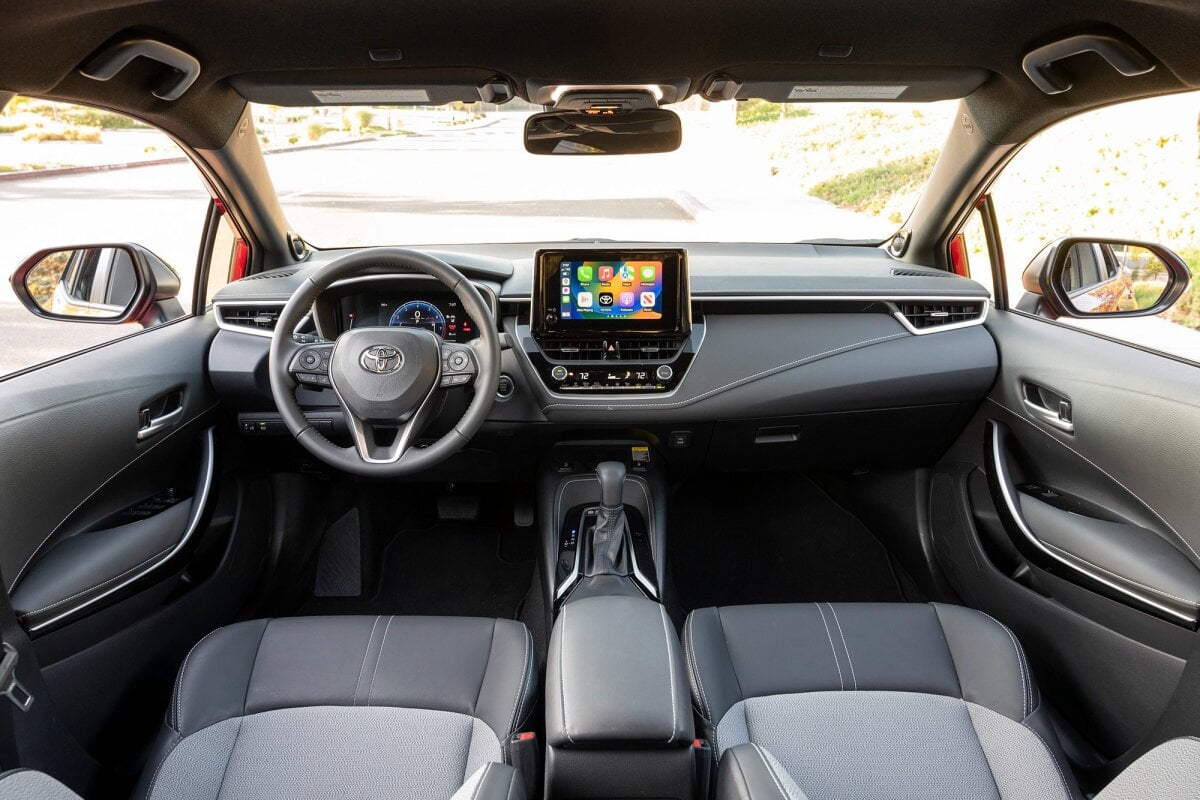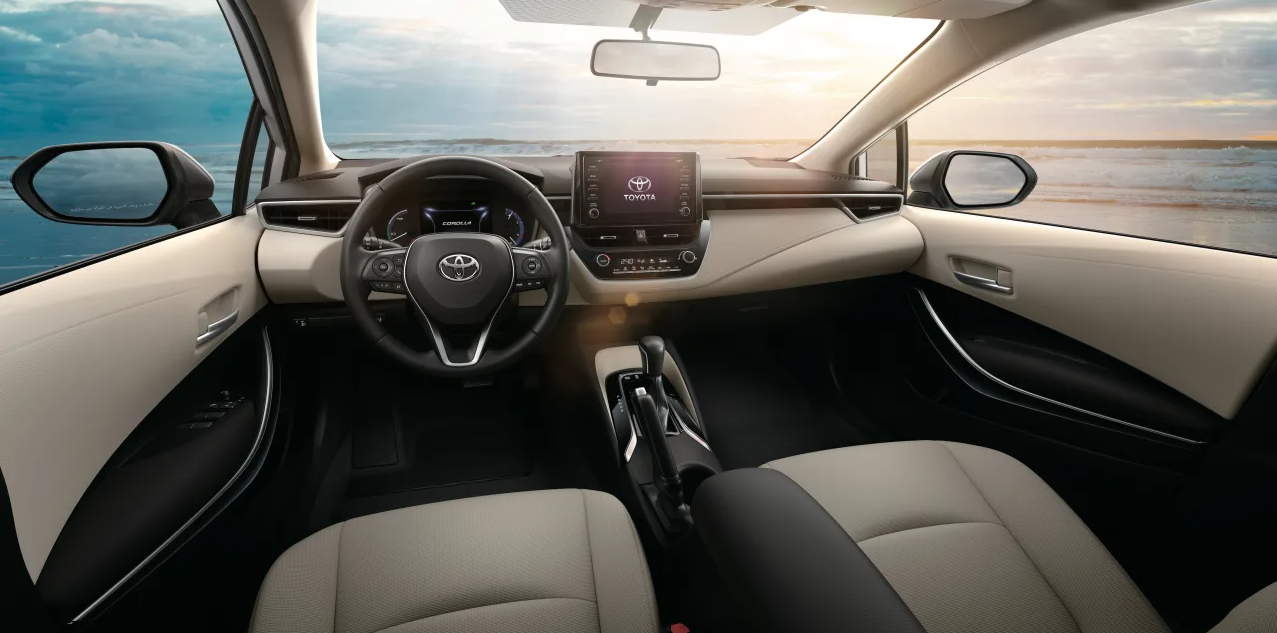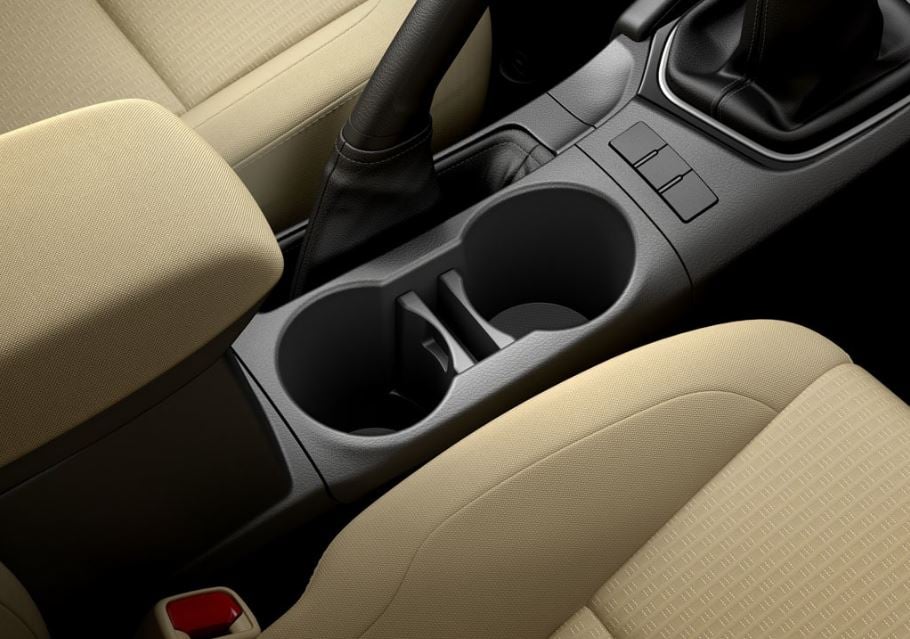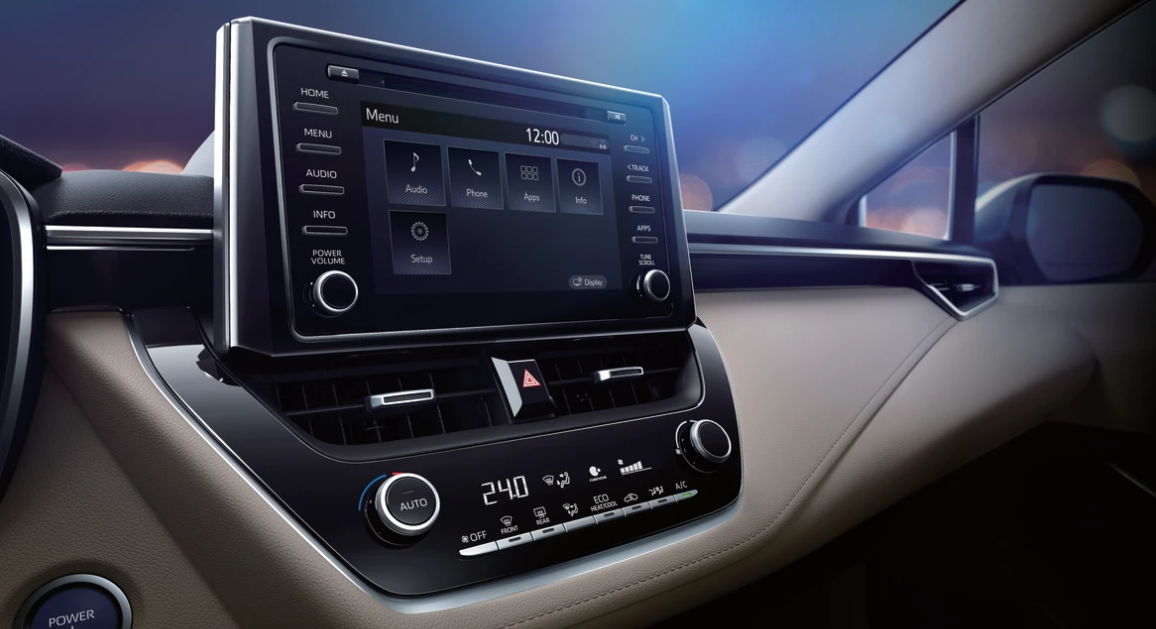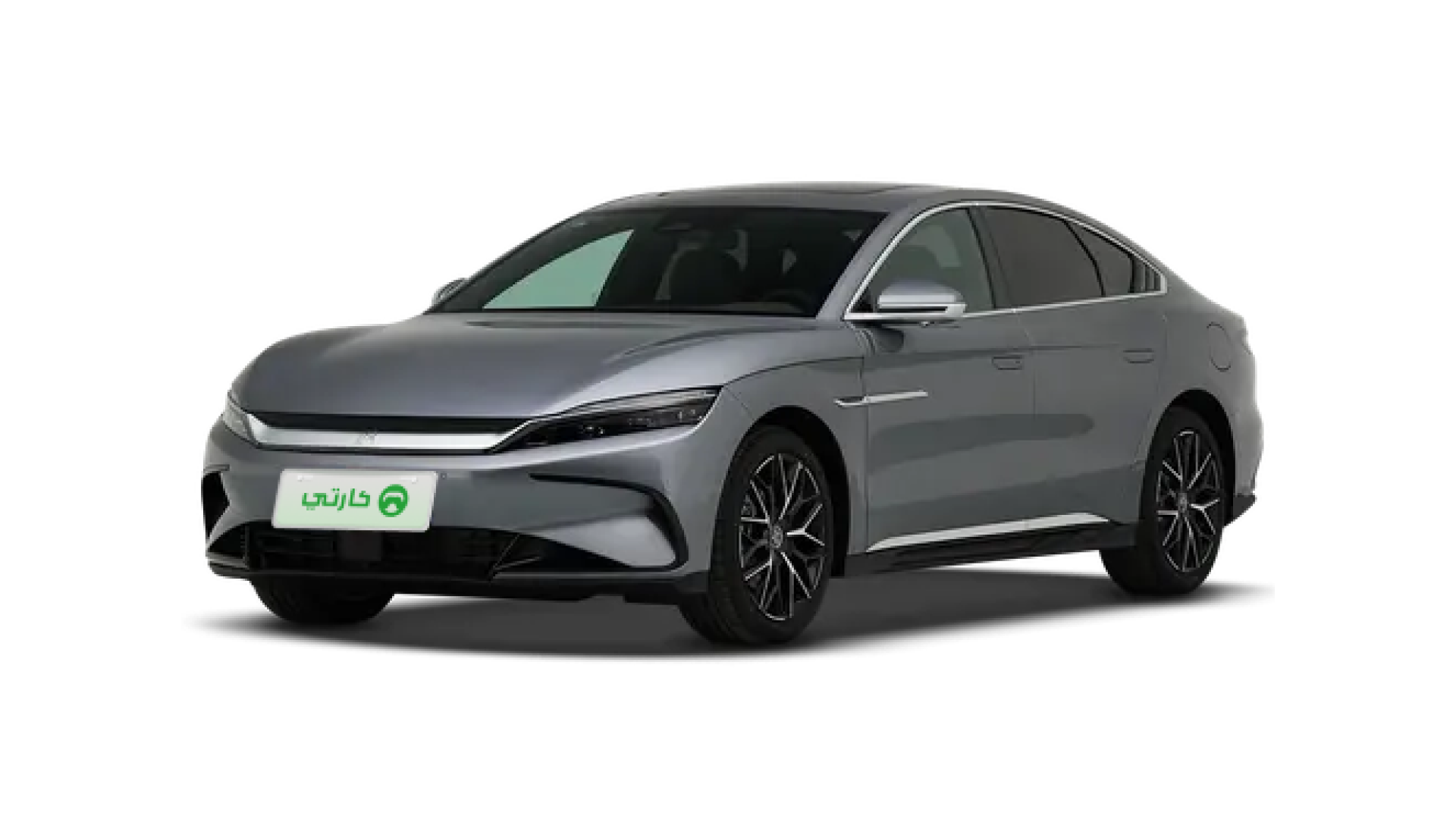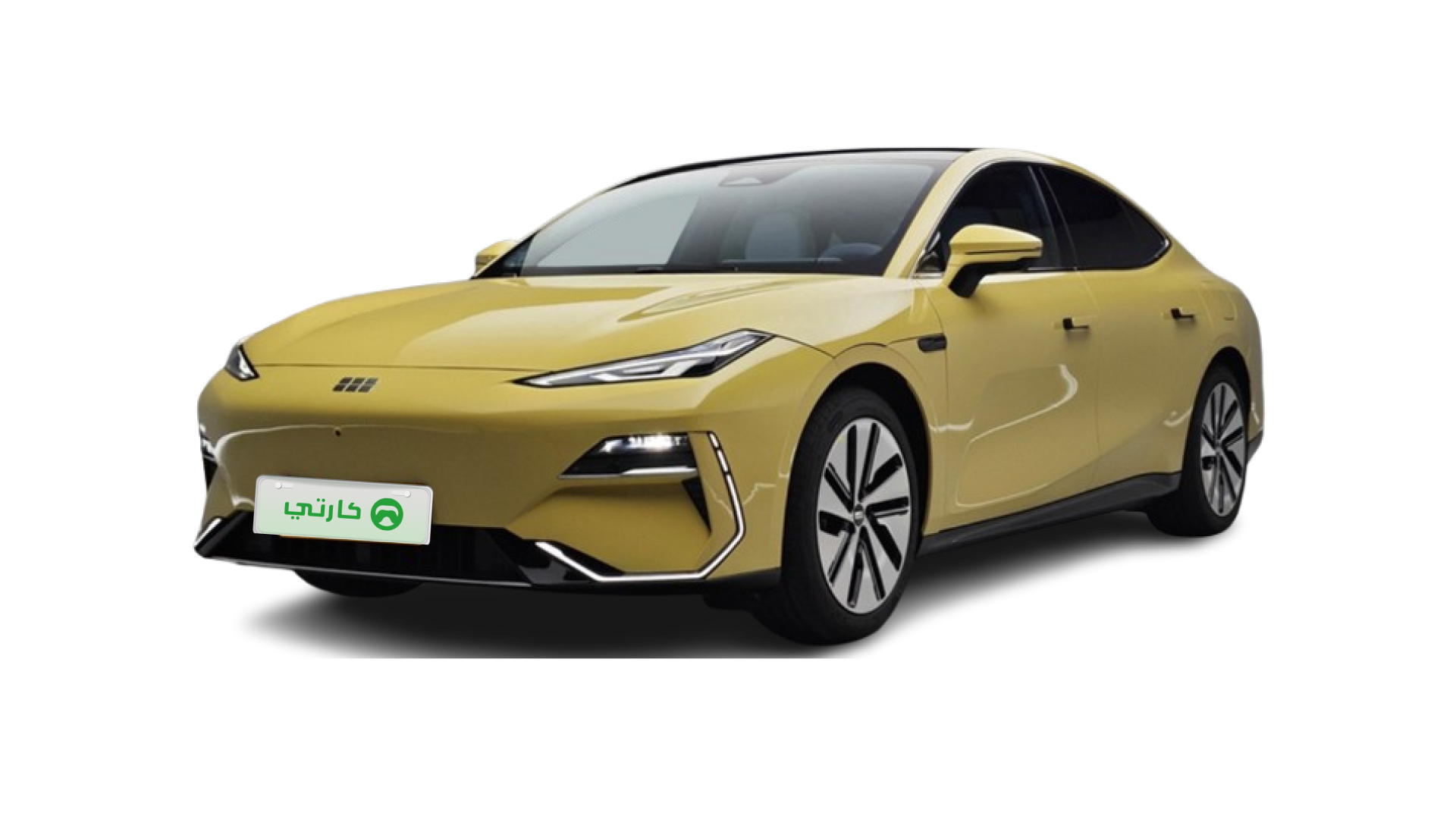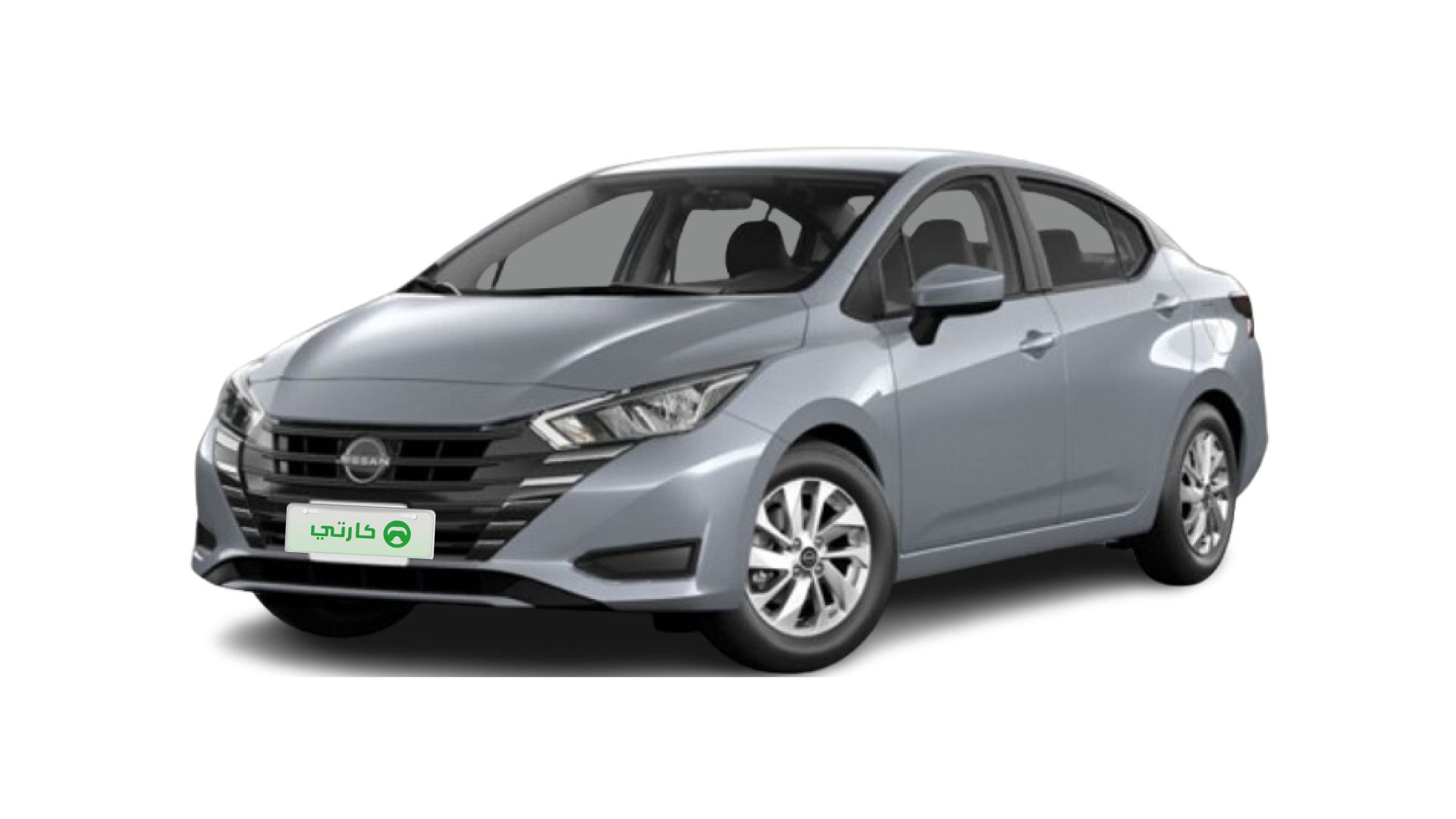The Toyota Corolla 2020 fuel consumption km/l is a topic that resonates with many car enthusiasts eager to maximize efficiency. In this guide, you’ll find actionable insights and practical advice to help you navigate fuel economy challenges and maintenance best practices.
Understanding Your Corolla's Fuel Efficiency

Official vs Real-World Mileage
The Toyota Corolla 2020 is officially rated at 18.2 km/l under the combined driving cycle. However, you may experience differences in real-world conditions. In everyday driving scenarios within bustling cities or under high ambient temperatures—like those in parts of the UAE—you might see figures around 15.8 km/l during city traffic, 19.3 km/l on highways, and roughly 17.6 km/l in mixed conditions. Several factors play a role in these variations:
Climate Impact: Hot weather, especially with extensive air conditioning use, can lower fuel efficiency.
Traffic Patterns: Frequent stops and starts in congested urban areas often reduce the overall mileage.
Fuel Quality: Using the recommended fuel grade (typically 95 octane) is critical for optimum performance.
Driving Habits: Smooth acceleration and steady speeds contribute significantly to better mileage.
Taking note of these key points will help you understand why actual numbers may differ and how to adjust your driving practices accordingly.
Maximizing Fuel Economy in 2025
Smart Driving Techniques
Implementing intelligent driving methods can yield noticeable fuel savings. Here are some techniques to consider:
Pulse-and-Glide Method: Accelerate steadily to about 60 km/h, then coast down to 50 km/h before repeating the cycle. This approach can save you between 12% to 18% on fuel consumption.
Eco Mode Adjustment: Engage the vehicle’s eco mode to reduce throttle responses by approximately 15%, and slightly decrease air conditioning output. This strategy not only helps conserve fuel but also prolongs engine health.
Optimized Tire Usage: Maintaining proper tire pressure is essential. Check your tires monthly to keep them within the 32-35 PSI range, rotate them every 8,000 km, and plan for a full replacement around the 50,000 km mark.
Maintenance Must-Dos
Routine maintenance is a cornerstone for sustaining fuel efficiency. Below is a checklist designed to keep your Corolla operating at its best:
Service Interval | Key Action | Fuel Impact |
|---|---|---|
Every 5,000 km | Oil change | Improves efficiency by +3% |
30,000 km | Replace air filter | Enhances airflow by +7% |
100,000 km | Replace spark plugs | Boosts combustion by +5% |
These maintenance steps are vital to preserving engine performance and ensuring consistent fuel economy over time.

Future-Proofing Your 2020 Model
Hybrid Conversion Considerations
Looking ahead to 2025, some Corolla owners may consider hybrid conversion kits for improved efficiency. Although Toyota did not officially offer a hybrid version for the 2020 model, aftermarket plug-in hybrid kits are available and can be a viable option. Such kits may add approximately 40 km of electric range, potentially reducing your overall fuel costs by as much as 60%. However, remember that the installation can be a significant investment, typically ranging from AED 18,000 to AED 25,000 or SAR equivalents.
Cost Comparison (2025 Projections)
Below is an outline of projected annual fuel costs highlighting the potential differences based on your driving habits:
City Driving:AED 5,200 / SAR equivalent Highway Driving:AED 4,100 / SAR equivalent EV Equivalent:AED 2,800 / SAR equivalent
This comparison is designed to offer you a clearer picture of where fuel efficiency improvements can impact your budget over the coming years.
Essential Upgrades for Modern Efficiency
Enhancing your Corolla’s performance in 2025 may also involve a few targeted upgrades:
Low-Rolling Resistance Tires: These tires are engineered to reduce friction, which can result in a fuel saving of 3% to 5%.
Engine Carbon Cleaning: Over time, carbon build-up can reduce engine performance. A professional cleaning might restore engine power by 8% to 12%.
Smart Fuel Additives: These additives can improve the combustion process by 6% to 9%, making your mileage more consistent and efficient over long-term use.
Utilize these strategies to ensure that your Toyota Corolla 2020 remains a reliable and cost-effective ride as you approach 2025 and beyond.
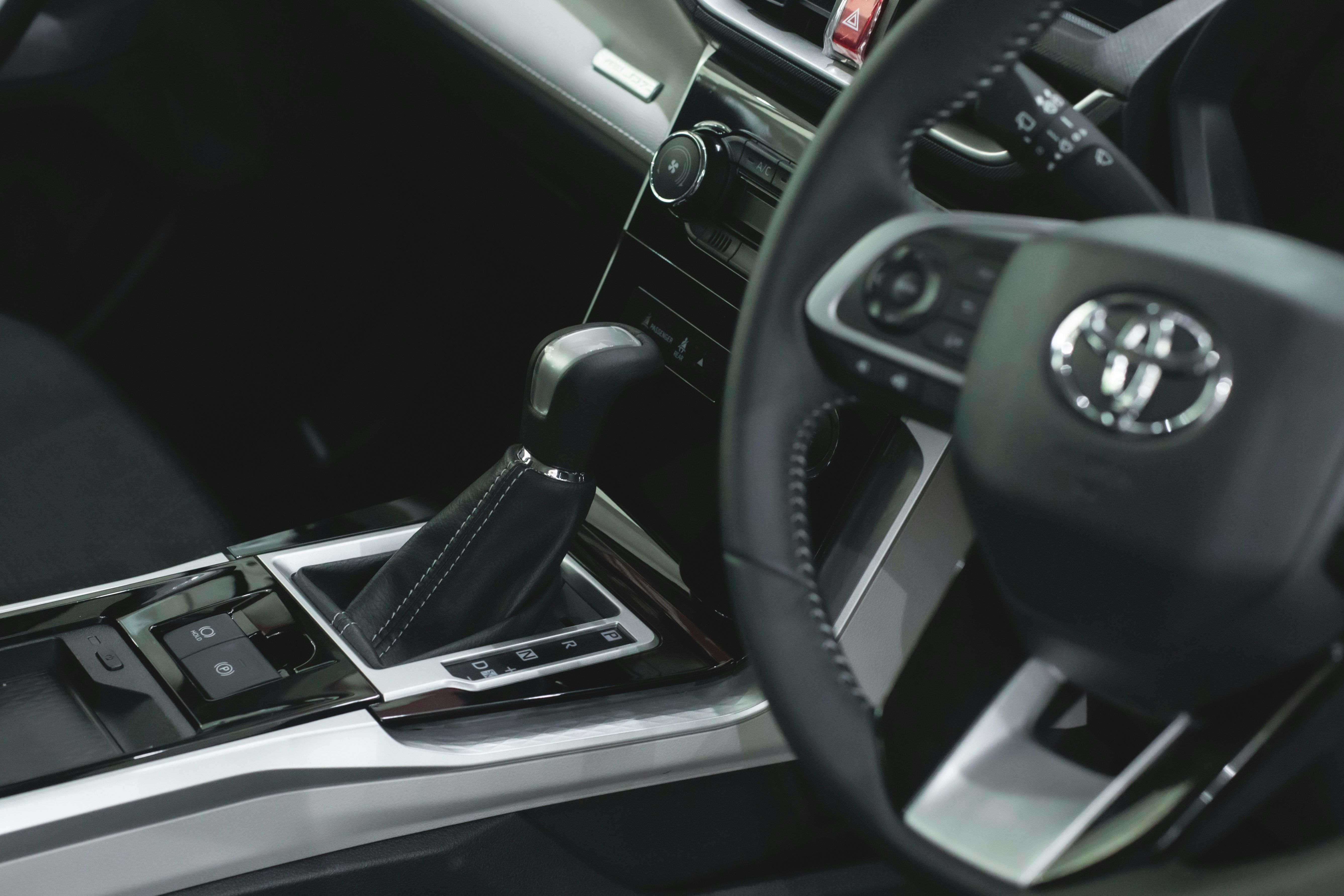
FAQ
Q1:How does the local climate impact the Toyota Corolla 2020 fuel consumption km/l?
Local climates with high temperatures can impact fuel efficiency due to increased reliance on air conditioning. In regions with intense heat, engines may work harder to maintain optimal performance, resulting in slight decreases in fuel consumption, sometimes lowering the expected km/l. Drivers are advised to scan their driving routines and reduce excessive idling. Regular maintenance like checking tire pressure and fluid levels further assist in mitigating these effects.
Q2:Can smart driving techniques really boost my Corolla’s fuel efficiency?
Absolutely! Techniques such as the pulse-and-glide method and using Eco mode management significantly improve fuel efficiency. These driving practices help minimize unnecessary fuel usage during acceleration and deceleration. Adapting these habits not only conserves fuel but also reduces wear on engine components. This makes them highly effective, especially for urban driving conditions common in the GCC.
Q3:What maintenance habits are most crucial for sustaining high fuel efficiency?
Regular oil changes, air filter replacements, and spark plug maintenance are critical. Following a routine maintenance schedule ensures that your engine runs smoothly and efficiently. Moreover, monitoring tire pressure regularly and performing timely rotations are equally important. These simple upkeep tasks help prevent performance drops that can adversely affect fuel consumption.
Q4:Is a hybrid conversion worth the investment for a 2020 Corolla?
Opting for a hybrid conversion involves weighing upfront costs against long-term savings. Although the initial expense is substantial—typically between AED 18,000 and AED 25,000 or the SAR equivalent—the potential reduction in fuel expenses by up to 60% can be appealing. However, each case varies based on driving patterns and local fuel prices. It’s essential to compare these advantages against your routine vehicle use.
This article is for reference only. Please refer to the latest local laws and regulations.
Read More:
Owning and Maintaining the World's Most Expensive Gold Car in Dubai
8 pics

My passion for cars began long before my journey into automotive journalism in 2015. Even though I'm originally a pharmacist, the thrill of speed, elegant designs, and roaring engines has always had my heart. Today, I channel this passion by exploring the newest cars and sharing my experiences with fellow car enthusiasts across the GCC.
